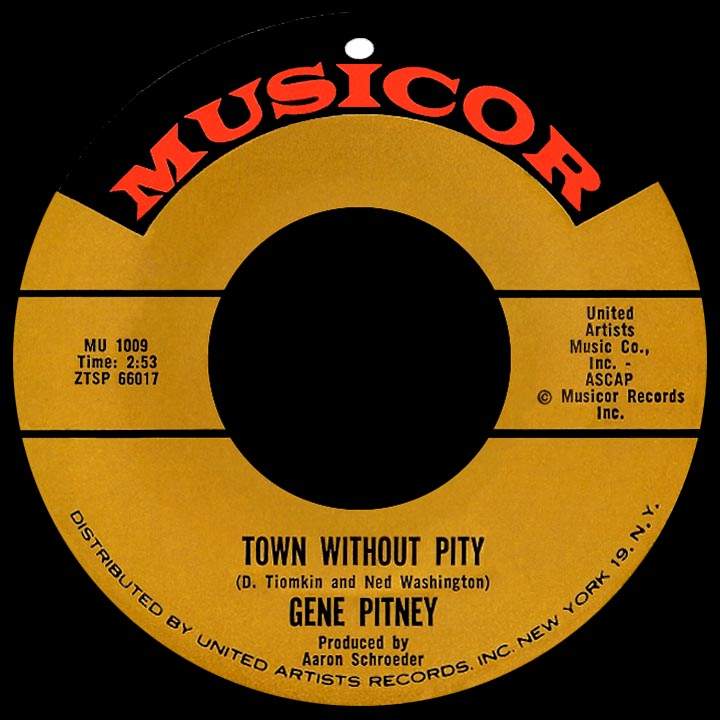 Lloyd Cole renews his rock ‘n’ roll license
Lloyd Cole renews his rock ‘n’ roll license
Thirty years into his career, Lloyd Cole can’t exactly “go†electric; that honor belongs to the Commotions’ 1984 debut, Rattlesnakes. But after a decade making what he terms “age appropriate music,†he’s “re-gone†electric with an album that reteams him with several players who help shape Cole’s 1990 solo debut, including Fred Maher on drums, Matthew Sweet on bass and Blair Brown on keyboard. Guitarist Robert Quine is missed from that lineup (having passed away in 2004), but Cole’s son Will, along with Mark Schwaber and Matt Cullen fill the guitar spot well.
You could call this a return to form, if the past decade’s acoustic work wasn’t such a pleasing form of its own; perhaps “welcome return†is more apt, given Cole’s previous forsaking of electric pop and rock. The group (which also includes Joan As Police Woman on piano and Michael Wyzik on percussion) sounds tighter than the 1990 aggregation as the album opens with its lone cover, John Hartford’s “California Earthquake.†Written for (and recorded by) Cass Elliott, Cole’s vision is more grittily determined, almost shell-shocked, with guitars that bring to mind the intertwining drone of Television.
Cole’s songs have always been literate and poetic, but often with strong narrative lines. The narration is fragmented in the scenes-from-a-college relationship “Women’s Studies†and the nostalgic “Period Piece.†The latter is sung as (rather than about) the Berlin Wall, and offers a first-person view of the wall’s existence and demise. The lyric’s mention of “Hansa†likely refers to the West Berlin Hansa recording studio, an easter egg that might escape many listeners’ notice.
Such references are easier to decipher in the Internet age, but you still have to recognize there’s something there to decode. The lyric “And I should be the one touched by your very presence, dear,†for example, will strike a chord with Blondie fans, yet seem wholly original to most everyone else. It’s really not cheating, since the original lyric is there to be found, and provides context to the astute listener. For each one you find, there are no doubt two more that pass you by.
Cole spends considerable time looking at relationships, including the tugs-of-war “Myrtle and Rose†and “Opposites Day,†and the dissolutions of “Silver Lake†and “No Truck.†The latter cleverly shifts the opening lyric’s acceptance (“don’t mindâ€) to the closing lyric’s expectation (“won’t mindâ€), as the narrator steadies himself for the exit. The album is filled with ambivalence in its knowledge of what needs-to-be butting heads with a sense of what’s possible. It’s encapsulated neatly in the paradoxical lyric “I can’t stay / But I can’t leave you like this.â€
“Kids Today†takes an ironic stroll through the perils of bebop, heavy metal, rock ‘n’ roll, electric guitar, long hair, comic books, body art and decades of fashion as Cole realizes there’s nothing more wrong with the kids of today than the childhoods of his own generation. The album returns to failed relationships for “Diminished Ex,†admitting that “Maybe I aimed a little too high / No question that I failed in my endeavour,†and suggesting that Cole is coming to grips with a music career that’s rich in dedicated fans, but not worldwide hits. Lucky for him (and his fans), the lack of the latter won’t keep the former from embracing this superb album. [©2015 Hyperbolium] ![]()







 Few remember – or even knew – that Gene Pitney’s breakthrough hit, “Town Without Pity,” was both the title and title song of a
Few remember – or even knew – that Gene Pitney’s breakthrough hit, “Town Without Pity,” was both the title and title song of a